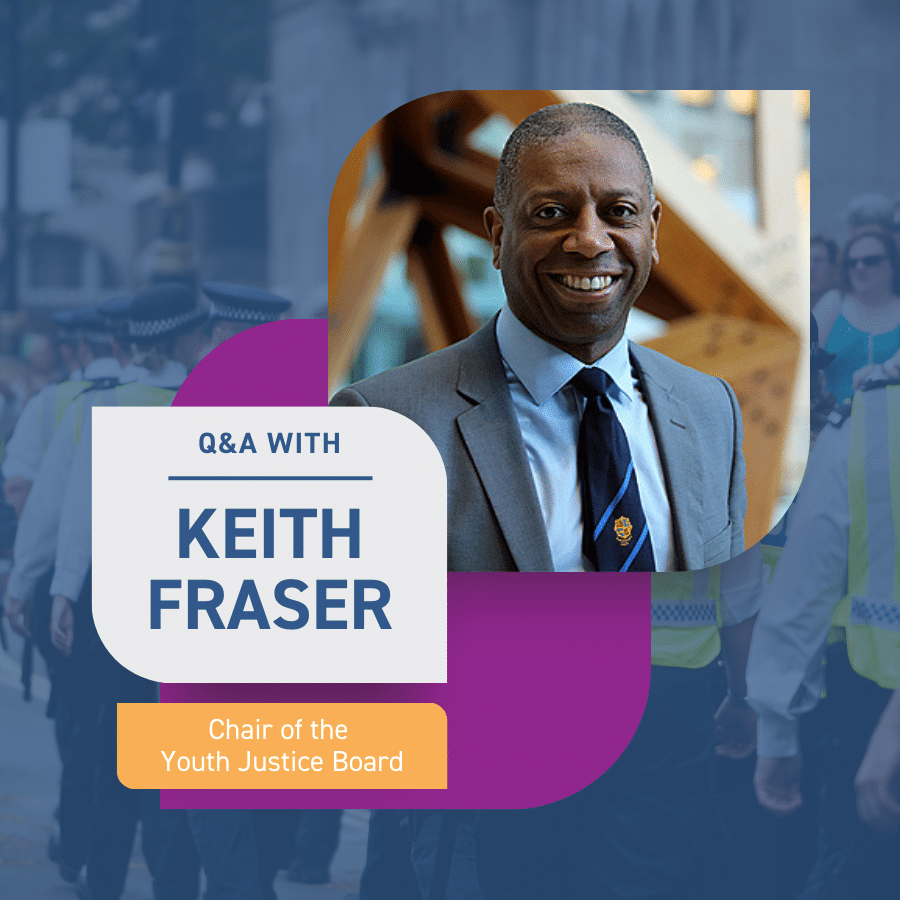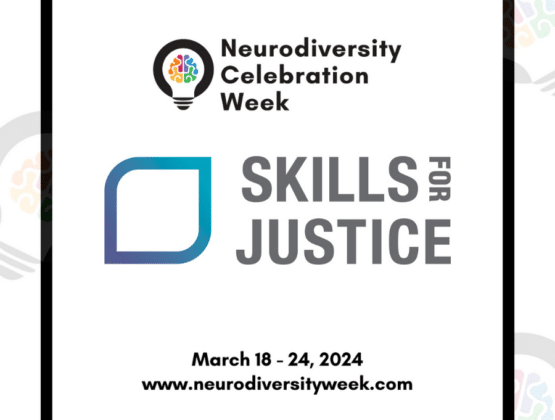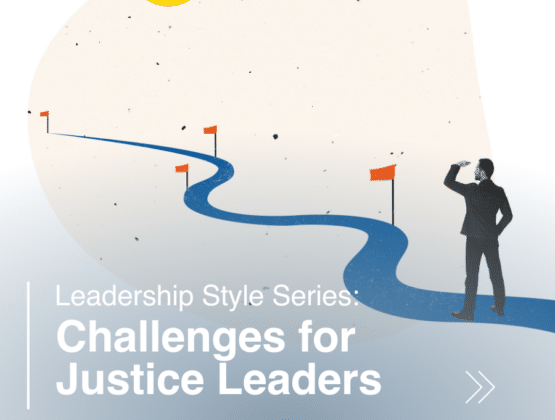Published by Skills for Justice
Q&A with Keith Fraser, Chair, Youth Justice Board for England and Wales
Date 28.05.24

In this exclusive interview, we sit down with Keith Fraser, the Chair of the Youth Justice Board for England and Wales, to delve into his experience and views on diversity and inclusion within the police force.
With a police career spanning several decades, Keith brings a unique viewpoint on the critical issues facing policing today and he is well positioned to discuss the challenges and opportunities in creating a more diverse and inclusive police service.
Why is diversity in policing so important?
This is all down to the Peelian principles, which relates to policing by consent of the public.
Because we’re policing the public, police themselves need to be representative of the public at large, and that’s why diversity matters.
Only 8% of police officers are from a minority ethnic background, despite representing 18% of the UK population. What do you put this down to?
There’s a whole collection of things that I would put it down to.
When the police service initially started, it was a predominantly white institution, and it still is disproportionately. As a result of that, it maintains and develops a certain culture.
You’ve also got to look at how hard policing is actually trying to recruit difference.
I think policing is trying very hard now, but it hasn’t been doing that consistently, so there’s a lot of catching up to do.
If you had your time again, would you want to join the police in 2024?
Absolutely, yes.
I think the way to change an organisation is to actually be part of it.
It might not always be as easy for people to get in there, and more challenging for some people than others, but that’s the only way to change things and be embedded in future practice.
And when policing is such a critical public service, the only way you’re going to get long-term, sustainable change is not just through scrutiny and working with the police, but also being part of the police.
Ethnic minority representation in senior ranks is as low as 0.6% in certain areas of the country. Why are people failing or being prevented from climbing the ladder, do you think?
I don’t think they are consistently failing or being prevented from climbing the ladder, but we do need to try and understand why you have a significant dearth of people from ethnic minority backgrounds in senior positions.
I think it’s quite shocking really that we’ve only had one black Chief Constable, and that was donkeys’ years ago.
There was Mike Fuller down in Kent and there’s been nobody since – why?
I think policing needs to ask itself that question: why of all the talent that we’ve got within the organisation that we’ve only had one black Chief Constable?
I think the reason for this is that the base that we’re working from is quite poor in relation to representation.
It’s hard to get people in the door in sufficient numbers and then get them to the top through the current way.
The natural route of progression from constable up to up to Chief Officer level is going to take some time for that representation to filter through. It important to have a diversity of leadership and we need to things differently to make that happen.
What do you need to do to climb the career ladder in policing?
I think it’s really important to be self-aware, have self-belief and be resilient.
Also knowing how to look after yourself and being prepared to look after yourself and others.
I don’t think there’s a there’s a particular leadership style if you’re someone from a minority ethnic background, but you need to be more focused on developing particular leadership skills, and I feel more resilient.
Did you have a clear vision of where you wanted to get to when you joined the police?
I’ve always wanted to be a police officer from when I was a little kid.
The first time I applied I was 14 and the Home Office replied to me. They wrote me back a personal letter encouraging me to apply and sent me a whole load of information, which was really helpful in relation to my planning.
To get to your question about whether or I wanted to be a leader in policing? The answer is no.
When I was first promoted in the rank (to Sergeant) I was quite fortunate because I had a choice about roles. I decided that where I could have the greatest positive impact would be the basis for me taking on new roles. From Sergeant I went to being a Detective Inspector in a very busy Borough in London.
That experience showed me how things could be done differently.
I worked with communities there to build up trust and to crackdown on anti-social behaviour and drug dealing.
Having that focus on solving problems and being able to think outside the box is what you need to progress in a career in policing.
How did you approach being a leader in the police and how did you juggle the various demands on your time?
I think there is a danger that leaders can become remote. The list of what you have to deal with can get full very, very quickly.
But it’s a responsibility of leaders to make time to make sure that they have a good understanding of what’s happening at the operational level. I’d say it’s a critical function of the job.
You know a simple thing for me, I used to carve out time that I would spend with operational cops and police staff at different parts of the organisation. It might be that I might devote half a day once a month or something.
Rather than going the quickest way to the office, I used to give myself a bit of extra time to go in and talk to people.
Part of what police leaders do naturally is working with partners outside the police such as local authorities and social services.
A lot of your work is involved in working with other agencies that sit alongside policing. So, it’s a natural part of your job to approach things in a more partnership kind of way.
Gaining trust is important as a leader too, both in police and the community. It’s a really hard thing and it takes time and takes focus. You won’t achieve it with one lap around the police station, but if people consistently see you coming down, sitting down and chatting with them over time this will help to form a bond.
About Skills for Justice
Skills for Justice are experts in workforce development and are experienced in conducting EDI audits. We can help you explore and address any equity, diversity and inclusion concerns you may have. Get in touch with our team today.
"*" indicates required fields




